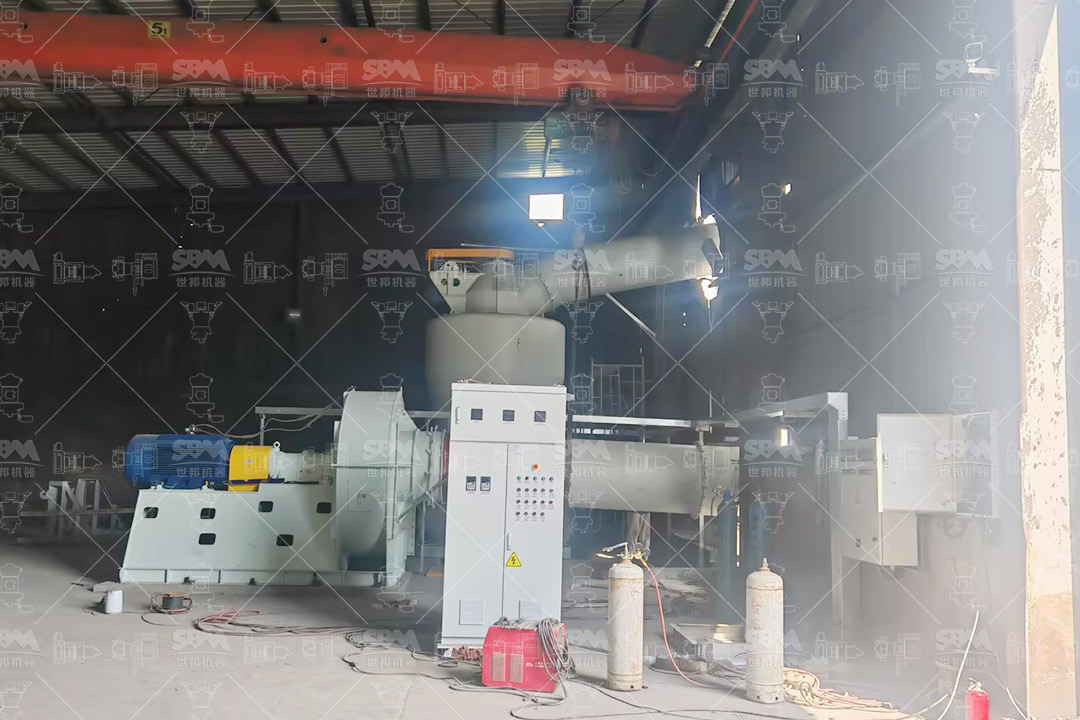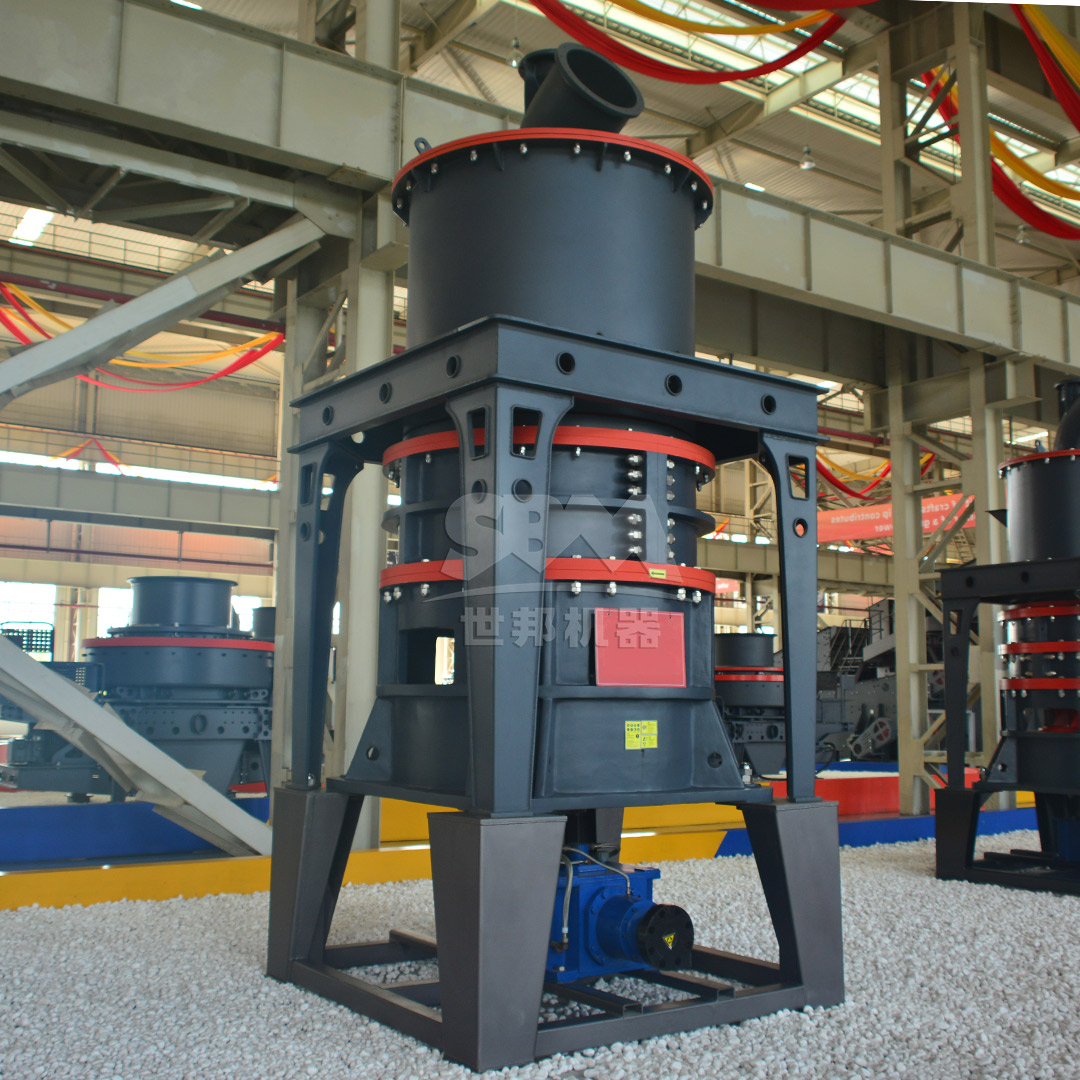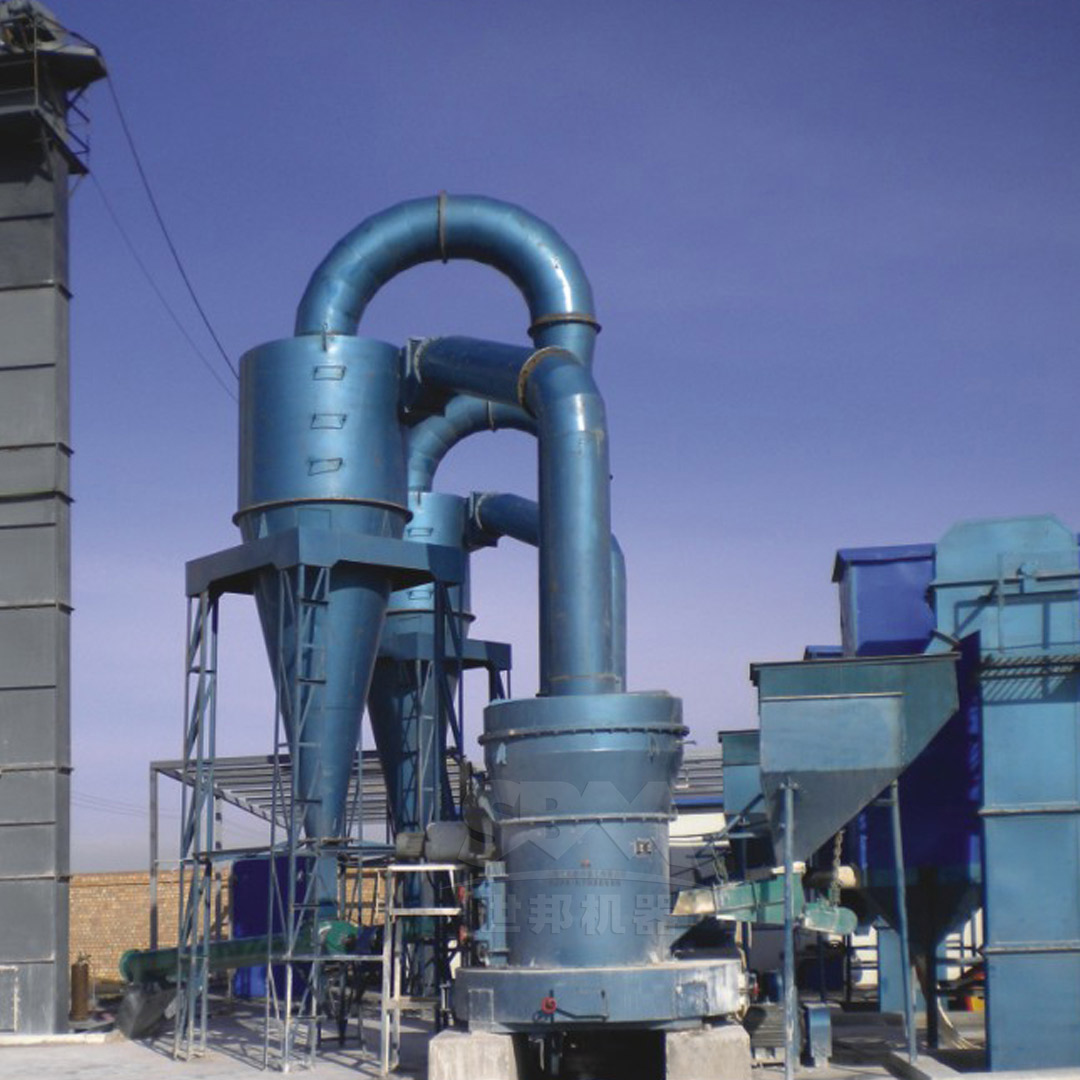Kaolin, also known as china clay, has become an indispensable ingredient in modern cosmetic and skincare formulations. Its unique properties including oil absorption, gentle exfoliation, and skin-soothing capabilities make it particularly valuable in products ranging from facial masks and foundations to cleansers and powders. However, the effectiveness of kaolin in these applications is heavily dependent on achieving the precise particle size distribution and purity standards required by the cosmetic industry. This is where advanced grinding technology becomes critical.
The transformation of raw kaolin clay into cosmetic-grade powder requires sophisticated milling equipment capable of producing ultra-fine particles while maintaining the mineral’s natural beneficial properties. Traditional grinding methods often fail to meet the stringent requirements for particle uniformity, contamination control, and thermal stability demanded by cosmetic manufacturers.

Cosmetic formulations demand kaolin with specific characteristics that can only be achieved through precise grinding and classification processes. The key parameters include:
For most cosmetic applications, kaolin particles must fall within the 5-45 micron range, with specific D50 and D97 values depending on the application. Foundation powders typically require finer particles (5-15μm) for smooth application, while exfoliating products may utilize slightly larger particles (20-45μm). The particle size distribution must be tightly controlled to ensure consistent performance and texture.
Cosmetic-grade kaolin must be free from metallic contamination, microbial impurities, and discoloring elements. The grinding equipment must be constructed with materials that prevent iron contamination and designed for easy cleaning between batches to maintain product purity.
The grinding process must preserve the natural platelet structure of kaolin particles, which contributes to its oil-absorption capabilities and smooth application properties. Over-grinding can damage this structure, reducing the functional benefits in final formulations.
| Application | Required Particle Size (D97) | Special Requirements |
|---|---|---|
| Facial Powders & Foundations | 5-10μm | High whiteness, smooth texture |
| Face Masks | 10-25μm | Good water absorption, uniform dispersion |
| Exfoliating Scrubs | 25-45μm | Controlled particle edges, gentle action |
| Liquid Makeup | 2-8μm | Excellent suspension properties |
Modern kaolin processing for cosmetic applications requires milling technology that can deliver precise particle size control while maintaining the mineral’s beneficial properties. Several grinding technologies have proven effective, each with specific advantages for different production requirements.
For the most demanding cosmetic applications where super-fine particles are required, advanced ultra-fine mills offer unparalleled performance. These systems combine multiple grinding mechanisms with precision air classification to achieve consistent results in the 5-45 micron range.
Our SCM Ultrafine Mill represents the cutting edge in kaolin processing technology for cosmetic applications. With an output fineness range of 325-2500 mesh (D97≤5μm), this system is specifically engineered to meet the exacting standards of the skincare and cosmetics industry. The mill’s vertical turbine classifier ensures precise particle size distribution without coarse particle contamination, while its special material construction prevents metallic contamination that could compromise product purity.
The SCM series offers several critical benefits for kaolin processing:

The transformation of raw kaolin into cosmetic-grade powder involves multiple stages, each critical to achieving the final product quality.
Before grinding, raw kaolin undergoes beneficiation to remove impurities and standardize chemical composition. This may include washing, magnetic separation, and chemical bleaching to achieve the required brightness and purity levels.
The grinding parameters must be carefully controlled to achieve the desired particle characteristics. For the SCM Ultrafine Mill, the process involves:
Throughout the process, samples are regularly tested for:
| Quality Parameter | Test Method | Acceptance Criteria |
|---|---|---|
| Particle Size (D50) | Laser Diffraction | 2-15μm (application specific) |
| Brightness (ISO) | Spectrophotometry | >85% |
| Oil Absorption | Gardner Method | 40-60g/100g |
| Heavy Metals | ICP-MS | <10ppm total |
Choosing the appropriate grinding system depends on production volume requirements, target particle size, and quality specifications. For cosmetic kaolin processing, two primary solutions stand out:
For manufacturers requiring the finest particle sizes and tightest distribution control, the SCM series offers unmatched performance. The system’s modular design allows customization for specific production needs:
All models maintain the same output fineness range (325-2500 mesh) while scaling capacity to match production requirements.
For applications where ultra-fine particles are not required, the MTW Series Trapezium Mill provides an efficient solution with output fineness of 30-325 mesh. This system offers several advantages:
With capacities ranging from 3-45 tons per hour, the MTW series accommodates various production scales while maintaining consistent quality output.

The demand for high-quality kaolin in cosmetics continues to grow, driven by several market trends and specific application requirements.
Kaolin serves as a key ingredient in sheet masks and clay masks, where its oil-absorbing properties and gentle exfoliation action provide deep cleansing benefits. The particle size directly affects the mask’s texture, spreadability, and drying time.
In foundations, powders, and blushes, kaolin provides improved adhesion, oil control, and smooth application. Finer particles (D97 ≤ 5μm) create more natural finishes with reduced visible texture.
The growing natural cosmetics market favors kaolin as a mineral-based alternative to synthetic ingredients. Consistent quality and purity become even more critical in these applications.
The evolution of kaolin grinding technology continues to enable new possibilities in cosmetic formulations. As consumer demands for performance and natural ingredients grow, the importance of advanced milling equipment that can deliver precise particle control while maintaining material integrity becomes increasingly critical.
Our grinding solutions, particularly the SCM Ultrafine Mill and MTW Series Trapezium Mill, represent the current state of the art in kaolin processing for cosmetic applications. These systems combine precision engineering with practical operational benefits to support manufacturers in creating superior products that meet evolving market expectations.
With ongoing advancements in classification technology, material science, and process control, the future promises even greater capabilities in kaolin processing—enabling cosmetic formulators to develop increasingly sophisticated products that deliver both aesthetic appeal and functional benefits.